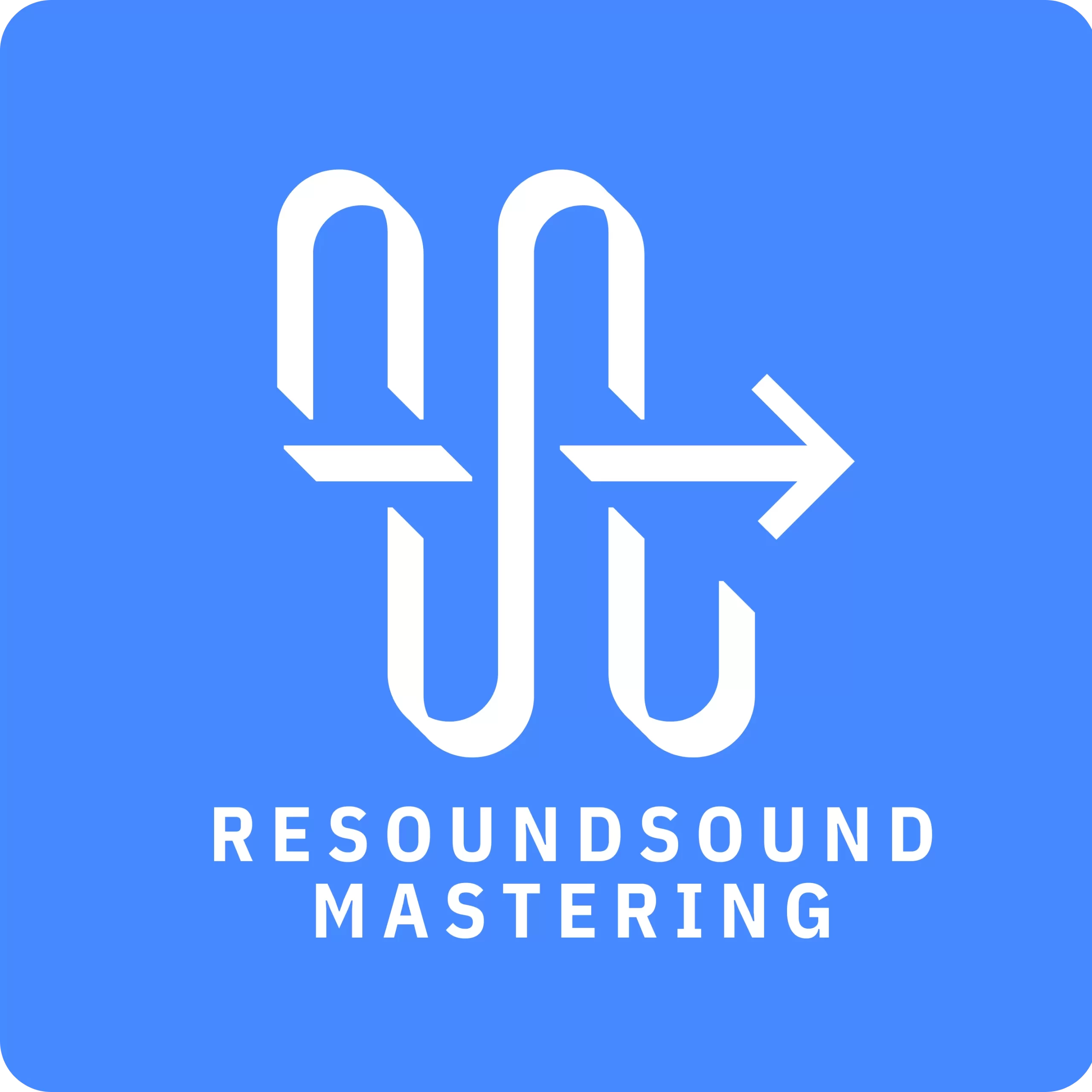The things that make your music distinctive will begin to form and reveal themselves on their own as you throw yourself into the process. Developing a process and being consistent with it is the key that unlocks everything else.
Already back in 1999, I remember having the idea that I would like to create a certain personal musical style and then establish a label to push that forward. Throughout the years it was always in the back of my mind. At times I was really pushing it hard. There were many different iterations of the concept. But none of them eventually felt right to me.
Only after I relaxed and let go of the notion of forcefully trying to create a style, there was progress. Instead of looking outwards, I began looking inwards. That is where my Rhytual project came from.
Your personality will always show in every piece of music you do in one way or the other. You may not always see it, but it’s there no matter if you try to force it or not. It’s just that by forcing it, you usually end up with inferior quality of work because you’re short-circuiting the process. By doing that you are missing some pieces of the puzzle.
You should first focus on gaining clarity about yourself and what you want to do. Then become aware of the different aspects of the craft, and build up your skills and experience. Once you’ve become more adept at making something interesting and technically expressing it, you can start making deliberate choices on how to approach different things. Choices that don’t feel forced because you know they line up with your personality and goals.
Sticking with those choices then opens up a path for you. By walking that path you keep learning to express your personality in more distinctive ways.
I’ve described the process above in a linear fashion. In reality, it’s more like a loop. Change is a constant so we should keep re-evaluating ourselves. Intuition is always doing its work also. There are many vague ideas brewing at all times, some of which will grow and become part of your process over time. And so the loop keeps going, constantly renewing the music.
The funny thing is that since I began figuring these things out a few years back and established the Rhytual project… I have been mainly doing it for myself. I’ve done some live gigs but only a few tracks have been released even though there is a lot of material. Suddenly, I was not in a rush to push it out there anymore. I have simply been enjoying the process. To me, Rhytual has become like a spiritual practice. And I’ve kept working on my other projects like before. This brings us to the core message I wanted to get across with this article:
Don’t be a producer. Be a practitioner.
Create a process and follow it religiously. Your individual musical signature (and everything else) will emerge from that. You won’t even have to worry about technical stuff. Because if you are making music consistently, your skills will automatically keep improving. But you need to have rhythm. And when you fall off the wagon (it’s normal), don’t let that put you off. Just get a hold of yourself as soon as possible and you’ll be able to keep the beat.
It’s easier to surrender yourself to the process when you realize that it is not up to you to decide what your music will be exactly. In the end, it is beyond your control. Focus on making lots of music. Even if you are not always sure if it’s the right style for you. The process is bigger than you. That is the mystery of art. That is our connection to something that transcends us as individuals. Your work has its own life whether you like it or not. It’s much easier on you to just like it though.
I will leave you with a quote a friend sent me recently (thank you, Jim):
C.G. Jung
Art is a kind of innate drive that seizes a human being and makes him its instrument. The artist is not a person endowed with free will who seeks his own ends, but one who allows art to realize its purpose through him. As a human being he may have moods and a will and personal aims, but as an artist he is “man” in a higher sense— he is “collective man”— one who carries and shapes the unconscious, psychic forms of mankind.
Book recommendation: Daily Rituals: How Artists Work by Mason Currey (affiliate link)

Leave a Reply